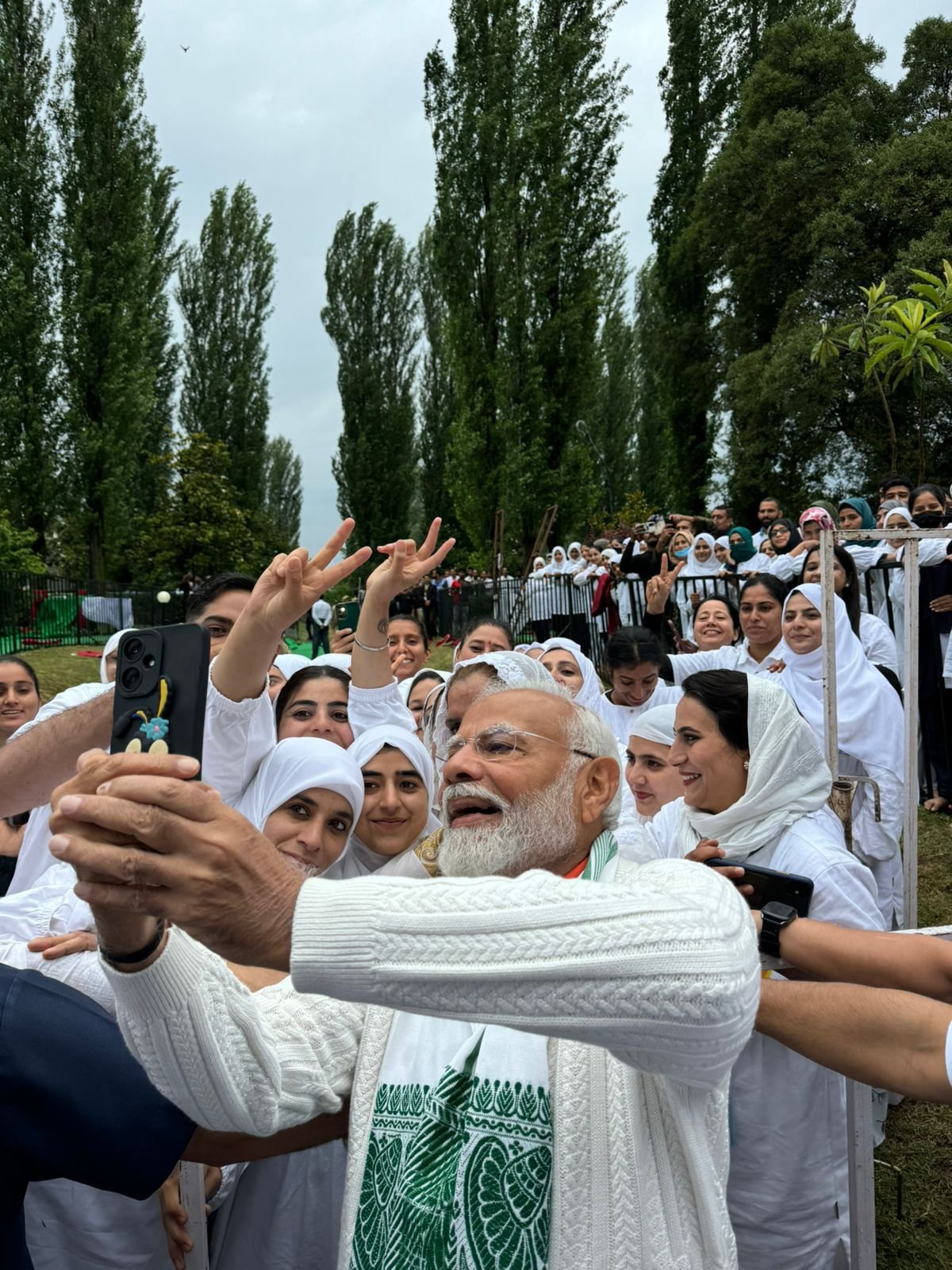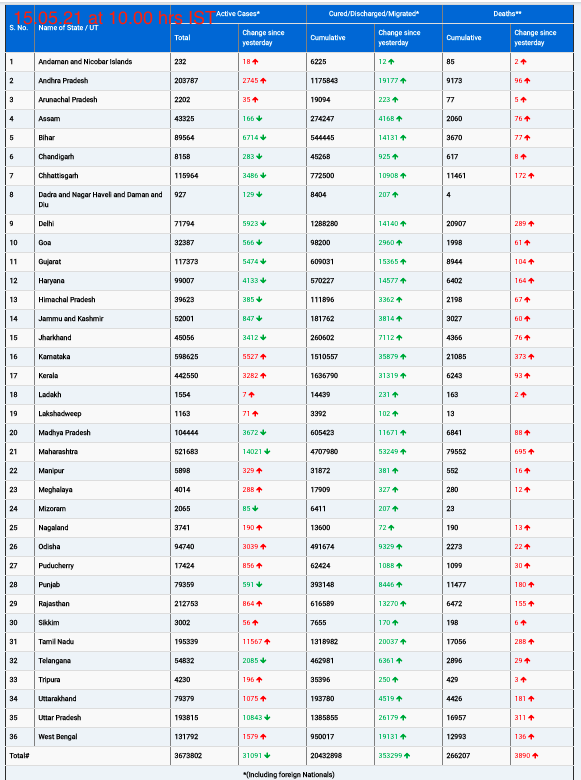2024 Theme: Yoga for self and society
This year marks the 10th International Day of Yoga with the theme “Yoga for Self and Society.” Yoga, a transformative practice, represents the harmony of mind and body, the balance between thought and action, and the unity of restraint and fulfillment. It integrates the body, mind, spirit, and soul, offering a holistic approach to health and well-being that brings peace to our hectic lives. Its power to transform is what we celebrate on this special day.
What is Yoga and why do we celebrate it?
Yoga is an ancient physical, mental and spiritual practice that originated in India. The word ‘yoga’ derives from Sanskrit and means to join or to unite, symbolizing the union of body and consciousness.
Today it is practiced in various forms around the world and continues to grow in popularity.
Recognizing its universal appeal, on 11 December 2014, the United Nations proclaimed 21 June as the International Day of Yoga by resolution 69/131.
The International Day of Yoga aims to raise awareness worldwide of the many benefits of practicing yoga.
The draft resolution establishing the International Day of Yoga was proposed by India and endorsed by a record 175 member states. The proposal was first introduced by Prime Minister Narendra Modi in his address during the opening of the 69th session of the General Assembly, in which he said: “Yoga is an invaluable gift from our ancient tradition. Yoga embodies unity of mind and body, thought and action … a holistic approach [that] is valuable to our health and our well-being. Yoga is not just about exercise; it is a way to discover the sense of oneness with yourself, the world and the nature.”
The resolution notes “the importance of individuals and populations making healthier choices and following lifestyle patterns that foster good health.” In this regard, the World Health Organization has also urged its member states to help their citizens reduce physical inactivity, which is among the top ten leading causes of death worldwide, and a key risk factor for non-communicable diseases, such as cardiovascular diseases, cancer and diabetes.
But yoga is more than a physical activity. In the words of one of its most famous practitioners, the late B. K. S. Iyengar, “Yoga cultivates the ways of maintaining a balanced attitude in day-to-day life and endows skill in the performance of one’s actions.”

The Prime Minister, Shri Narendra Modi addressed the 10th International Day of Yoga (IYD) event in Srinagar, Jammu & Kashmir today. The Prime Minister led the celebrations of International Yoga Day and took part in the Yoga session.
Addressing the occasion, the Prime Minister expressed gratitude for being present in Jammu & Kashmir, the land of Yog and Sadhna, on the occasion of International Day of Yoga. “The atmosphere, energy and experience from yoga can be felt in Jammu & Kashmir today”, Shri Modi said. He conveyed his best wishes on the International Day of Yoga to all citizens and those practicing yoga in different parts of the world.
Noting the 10th anniversary of International Yoga Day, the Prime Minister recalled that a record 177 countries endorsed India’s proposal in the UN. He also mentioned subsequent records made in the context of IYD such as 35,000 people doing yoga on Kartavya Path in 2015 and more than 130 countries participating in the yoga event led by the Prime Minister at the UN Headquarters last year. He also expressed happiness that more than 100 institutes in India and 10 major foreign institutes have been recognized by the Yoga Certification Board formed by the Ministry of Ayush.
The Prime Minister underlined that the number of people practicing yoga is growing worldwide while its attraction is constantly on the rise. He highlighted that yoga’s utility is also being recognized by the people and stated that there is barely any world leader who has not discussed yoga during his interactions. “All world leaders show a keen interest in yoga during their interactions with me”, he said. He asserted that yoga has become a part of daily life in every corner of the world. Throwing light on the growing acceptance of yoga around the world, the Prime Minister recalled inaugurating a Yoga Center during his visit to Turkmenistan in 2015 and that yoga has become extremely popular in the country today. He further informed that State Medical Universities in Turkmenistan have included yoga therapy, Saudi Arabia has made it a part of their education system and Mongolian Yoga Foundation is running many yoga schools. Informing about the acceptance of yoga in Europe, the Prime Minister said that so far, 1.5 crore German citizens have become yoga practitioners. He also recalled India awarding a Padma Shree this year to a 101-year-old French yoga teacher for her contributions to yoga even though she had not visited India even once. He further added that yoga has become a topic of research today and multiple research papers have already been published.
Touching upon the changing notions about yoga due to its expansion in the last 10 years, the Prime Minister talked about a new Yoga Economy. He mentioned the growing attraction for yoga tourism and people’s desire to visit India to learn authentic yoga. He also mentioned yoga retreats, resorts, dedicated facilities for yoga at airports and hotels, yoga apparel and equipment, personal yoga trainers, and companies carrying out yoga and Mindfulness wellness initiatives. All these are creating new avenues of employment for the youth, he added.
Talking about the theme of this year’s IYD -‘Yoga for Self and Society’, PM Modi said that the world is looking at yoga as a powerful agent of global good and it enables us to live in the present without the baggage of the past. PM Modi emphasized, “Yoga helps us realize that our welfare is related to the welfare of the world around us. When we are peaceful within, we can also make a positive impact on the world.”
Stressing the scientific aspects of yoga, the Prime Minister highlighted its importance for coping with information overload and maintaining focus as, he said, concentration is the greatest power. That is why, the Prime Minister explained, yoga is being incorporated in fields ranging from army to sports. Astronauts are also being trained in yoga and meditation. Yoga is also being used in prisons to spread positive thoughts among the inmates. “Yoga is scripting new pathways of positive change in the society”, PM Modi said.
The Prime Minister expressed confidence that inspiration derived from yoga will give positive energy to our efforts. The Prime Minister lauded the enthusiasm of the people of Jammu & Kashmir, especially Srinagar, towards yoga and said that it provides a platform to boost the tourism of the Union Territory. He also praised the spirit of the people to come out and show their support despite the rainy weather conditions. “Association of 50,000 to 60,000 people with yoga program in Jammu & Kashmir is huge”, he added. The Prime Minister concluded his address by thanking the people of Jammu & Kashmir for their support and participation and conveyed his best wishes to all Yoga enthusiasts from around the world.
Background
On the occasion of the 10th International Day of Yoga (IDY) on 21st June 2024, the Prime Minister led the International Yoga Day Celebrations at SKICC, Srinagar. This year’s event underscores yoga’s profound impact on young minds and bodies. The celebration aims to unite thousands in the practice of yoga, promoting health and wellness on a global scale.
Since 2015, the Prime Minister has led the International Day of Yoga (IDY) celebrations at various iconic locations, including Kartavya Path in Delhi, Chandigarh, Dehradun, Ranchi, Lucknow, Mysuru and even the United Nations Headquarters in New York.
This year’s theme ‘Yoga for Self and Society’ highlights the dual role in fostering individual and societal well-being. The event will encourage grassroots participation and the spread of Yoga in rural areas.
WHO launches mobile application for Yoga
Today, WHO in collaboration with the Government of India, is launching WHO mYoga – a yoga app to help people stay active and healthy. The app is safe and secure, and does not collect any data from users. It is available for free download on Android devices, and Apple devices.
The app contains a collection of videos and audio files to teach and accompany yoga practice, and is an easy-to-use and free tool for both people who are trying yoga for the first time or those who already practice yoga regularly. No special equipment is needed, and users can learn or practice for between 3 to 45 minutes, so even busy people can use it to get active.
The app was developed by BeHe@lthy BeMobile, a joint initiative between the World Health Organization and the International Telecommunications Union Input from experts around the world was organized by the WHO Traditional, Complementary, and Integrative Medicine unit and Morarji Desai National Institute of Yoga (the WHO collaborating center for traditional medicine). WHO mYoga was created in response to the global Traditional Medicine Strategy 2014–2023, which aims to strengthen the quality, safety, and effectiveness of Traditional and Complementary Medicine.
As highlighted in WHO’s Global Action Plan on Physical Activity 2018-2030, the routine practice of yoga – a 5000-year-old tradition – is a valuable tool for people of all ages to make physical activity an integral part of life and reach the level needed to promote good health. Adults require at least 150 minutes per week of moderate-intensity activity.
Regular physical activity is a well-established protective factor for the prevention and treatment of many noncommunicable diseases and their risk factors, such as hypertension, overweight and obesity. Physical activity is associated with improved mental health, prevention and delay of dementia and improved quality of life and well-being.












